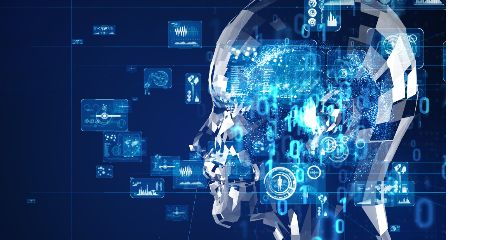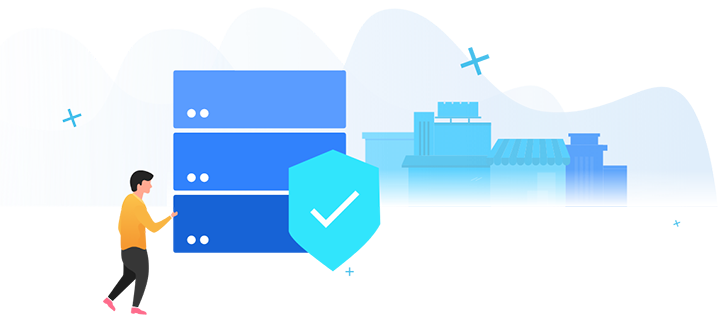Search Vacancies
Blog
Concerns Around Artificial Intelligence on the Workforce
- June 01, 2023

Artificial intelligence (AI) is transforming industries worldwide, revolutionising the way in which we live and work. With the recent launch of ChatGPT, an advanced AI system developed by OpenAI. The integration of AI is reaching new heights, prompting discussions about its potential impact on the workforce. As AI continues to rapidly evolve, we find ourselves at a pivotal moment in history, where the boundaries between human and machine labour are blurring.
AI opens new avenues for innovation and progress from automated customer service chatbots to complex data analysis algorithms, AI is increasingly demonstrating its ability to outperform humans in certain tasks. However, this technological advancement also raises valid concerns about the displacement of human workers. In the face of rapid AI development, it is no surprise that workers are contemplating the future of their roles and industries. Tasks that were once exclusive to human workers are now being executed with more efficiently and accurately by AI systems. This shift in labour dynamics has sparked concern among many who worry about their livelihoods and the potential consequences of widespread AI adoption in the workforce.
The concerns surrounding AI's impact on the workforce have been exemplified by recent announcements from major companies. British telecommunications giant BT, for instance, has revealed plans to eliminate approximately 10,000 jobs, with the possibility of AI technology replacing a significant portion of these positions. Additionally, BT aims to cut a total of 55,000 jobs before the end of the decade, signifying a reduction of over 40% of its workforce, with up to a fifth of those roles to be taken over by AI.
While the idea of AI-driven automation can be nerve-wracking, it’s important to have a balanced perspective, AI has the potential to free up time and resources for more complex and creative tasks amplifying human productivity and drive innovation. As AI continues to reshape industries, it’s important to consider the broader implications this could cause the workforce.
As some roles may become automated using Artificial intelligence new opportunities can emerge that require skills that are entirely human such as adaptability, creativity, emotional intelligence and critical thinking which will become increasingly more valuable in the AI-driven workplace. Collaboration between AI systems and workers will play a pivotal role undercovering the full potential AI could possibly hold to revolutionise industries and create a more productive and fulfilling work environment
